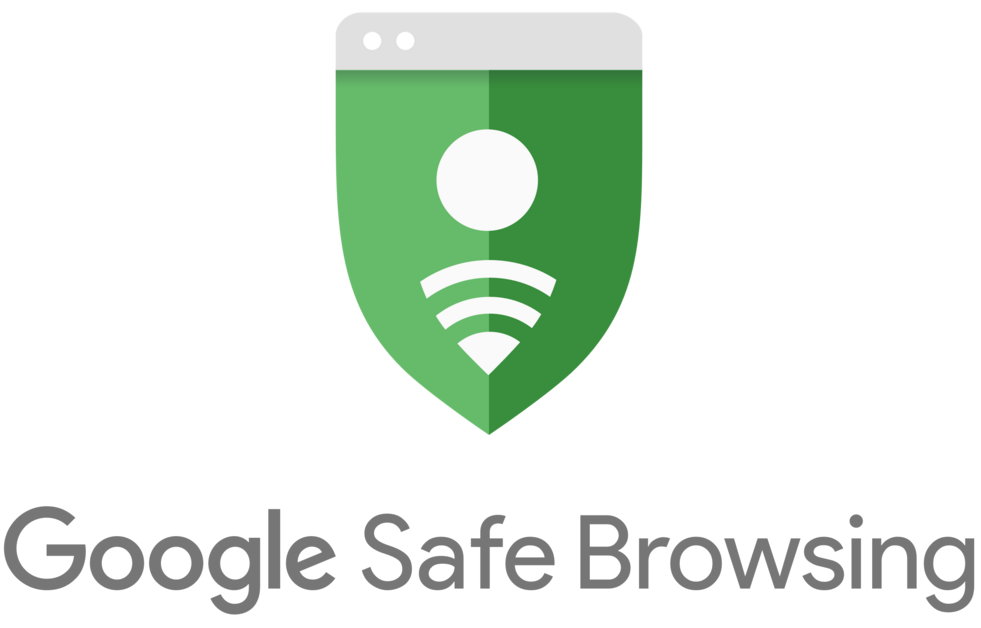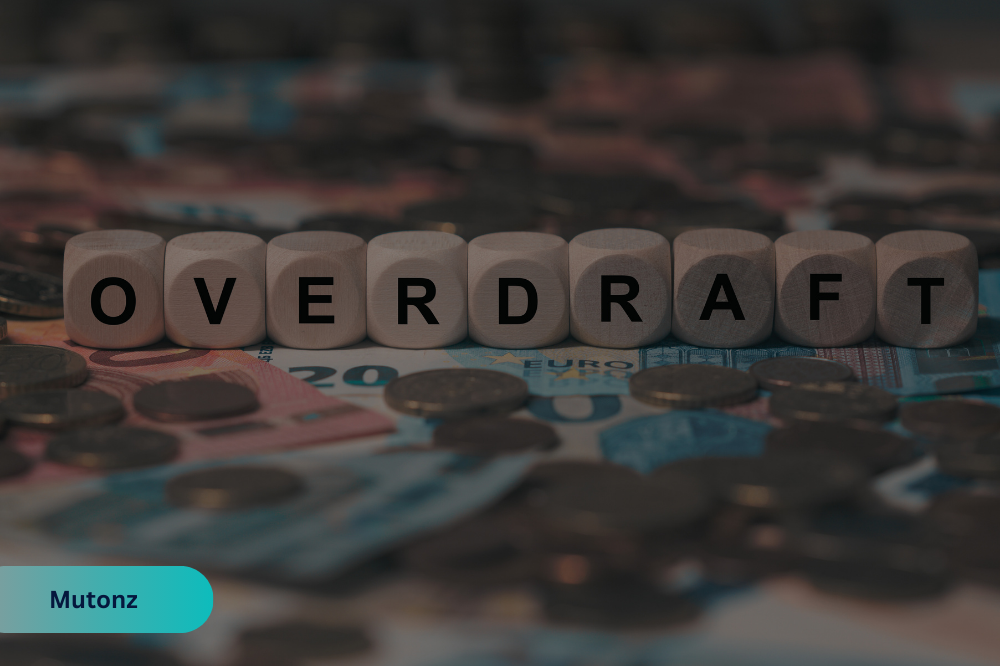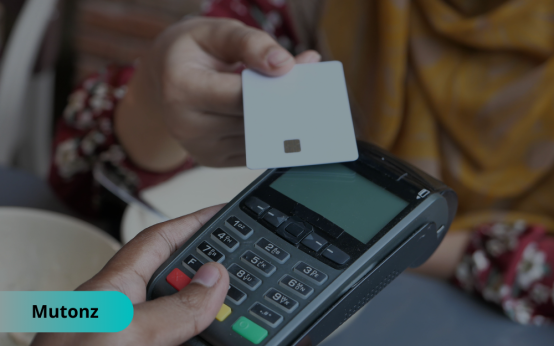Overdraft fees are charged when you spend more money than you have in your checking account, but did you know there's a way to get them refunded? Stay with us and find out how!
By taking proactive steps and implementing strategies, you can not only get the fee waived but also avoid them in the future. So, let's explore that as well!
What Is An Overdraft Fee?
As previously said, an overdraft fee is a charge that banks or credit unions impose when a transaction exceeds the available balance in your checking account. For example, if you have $50 in your account and make a $60 purchase, your bank may approve the transaction and charge you an overdraft fee for exceding the amount you have, which typically ranges between $30 and $40. Some banks or credit unions may also impose daily overdraft fees if your account remains in a negative balance. It's important to note that banks cannot charge overdraft fees on one-time debit card transactions or ATM withdrawals unless you’ve opted into an overdraft protection program. However, fees may still apply for checks or electronic payments that overdraw your account.How To Get Overdraft Fees Refunded
If you’ve been hit with an overdraft fee, don’t panic. Many banks are willing to refund these fees, especially if it’s your first time incurring one or if you have a good banking history. Here are the steps you can take to try getting a refund:1. Review Your Bank Statement
Before contacting your bank, review your account to confirm the overdraft fee and understand what caused it. Was it due to an unexpected charge, a delayed deposit, or simply an oversight? Knowing the reason can help you make a compelling case to the bank.2. Contact Customer Service
Call your bank’s customer service line. Be prepared to explain your situation politely and clearly. When speaking with a representative:- State that you’ve noticed the overdraft fee.
- Explain any circumstances that led to the fee, such as unexpected expenses or a delay in depositing funds.
- Emphasize your positive history with the bank if applicable, such as being a long-term customer or rarely incurring fees.
3. Be Polite and Persistent
Politeness goes a long way. Use respectful language and remain calm, even if the initial response is negative. If the first representative denies your request, don’t hesitate to ask for a supervisor or try calling back at a different time.4. Highlight Your Loyalty
Banks value loyal customers. If you’ve been with the bank for years, mention your loyalty and good track record. Let them know you’ve rarely, if ever, asked for a refund and that you’d appreciate their understanding.5. Negotiate or Offer Alternatives
If the bank is hesitant to refund the full fee, ask if they can waive a portion of it or offer a different solution, such as opting-out of overdraft protection programs to prevent future occurrences.How to Avoid Overdraft Fees
- Opt Out of Overdraft Protection: many banks offer overdraft protection, which covers transactions when your account lacks sufficient funds. However, opting out means transactions will be declined, helping you avoid fees.
- Set Up Account Alerts: sign up for email or text alerts that notify you when your balance is low. This can help you avoid overspending and ensure you have enough funds to cover upcoming transactions.
- Link Accounts for Overdraft Transfers: link your checking account to a savings account. If you overspend, funds will automatically transfer from your savings account to cover the transaction, often for a smaller fee.
- Keep a Financial Cushion: maintain a buffer in your checking account to cover unexpected expenses. Even a small amount, like $50 or $100, can prevent overdrafts.
- Monitor Your Account Regularly: frequent account monitoring helps you stay aware of your spending and account balance. Use your bank’s mobile app or online banking tools for real-time updates.
- Budget and Plan Ahead: create a monthly budget and stick to it. Anticipate upcoming expenses, such as bills and subscriptions, and ensure you have sufficient funds in your account.
- Enroll in Direct Deposit: direct deposit ensures your paycheck is available quickly, reducing the risk of overdrawing your account due to delayed deposits.



 How to Invest With Little Money: A Beginner’s Guide
How to Invest With Little Money: A Beginner’s Guide  Tips for Using a Credit Card Without Hurting Your Credit Score
Tips for Using a Credit Card Without Hurting Your Credit Score  How to Increase Your Credit Card Limit: What Actually Works
How to Increase Your Credit Card Limit: What Actually Works